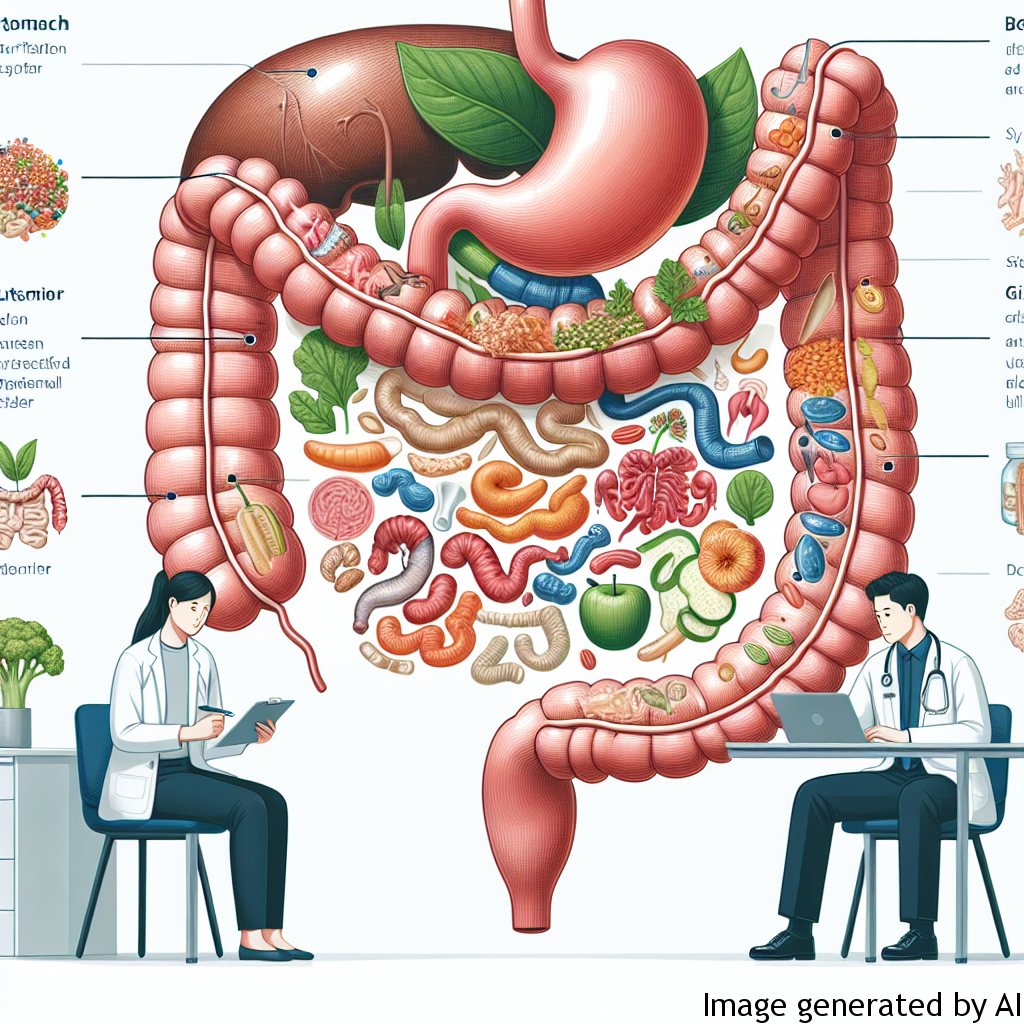Introduction
The gastrointestinal (GI) tract, a crucial component of the digestive system. A properly functioning GI tract allows our body to digest food, absorb nutrients and expel waste. However, several individuals grapple with gastrointestinal disorders, which can not only hinder our digestive process, but can significantly affect our overall health. This article focuses on the significance of nutrition in managing gastrointestinal disorders.
Description of Dietary Changes and Their Impact on Gastrointestinal Disorders
Role of Diet in Gastrointestinal Disorders
A tailored diet is considered to play an influential role in managing gastrointestinal disorders. Undoubtedly, certain foods can exacerbate these conditions, while others can alleviate symptoms. For instance, high-fiber foods are recommended for individuals suffering from constipation, while a diet low in fat and spices is advisable for people with acid reflux.
Ideal Dietary Plan for People With Gastrointestinal Disorders
An ideal dietary plan can vary greatly depending on the type of gastrointestinal disorder and its severity. For instance, a person with celiac disease would need to avoid gluten, while a person with irritable bowel syndrome may need to limit their intake of certain types of carbohydrates known as FODMAPs.
Examples of How Dietary Changes Can Benefit Individuals with Gastrointestinal Disorders
Several research studies have shown the positive effect of dietary changes on gastrointestinal disorders. For instance, adding fiber to the diet can alleviate symptoms of constipation and a low FODMAP diet can substantially reduce the symptoms in most people with Irritable Bowel Syndrome. Similarly, a gluten-free diet is essential for managing celiac disease and can improve the health and quality of life for those with this condition.
Tips for Improving Gastrointestinal Health
Following these dietary tips can help manage symptoms of gastrointestinal disorders:
- Eat smaller, more frequent meals instead of three large meals a day.
- Include more fiber in your diet.
- Avoid trigger foods that worsen your symptoms.
- Stay hydrated, but limit your intake of caffeine and alcohol.
- Maintain a food diary to track which foods exacerbate your symptoms.
Conclusion
While dietary changes alone may not be enough to treat some gastrointestinal disorders, they form a crucial part of any comprehensive treatment plan. Ultimately, consulting a healthcare or dietary professional is essential to devising a nutritional plan tailored to specific needs and conditions.

